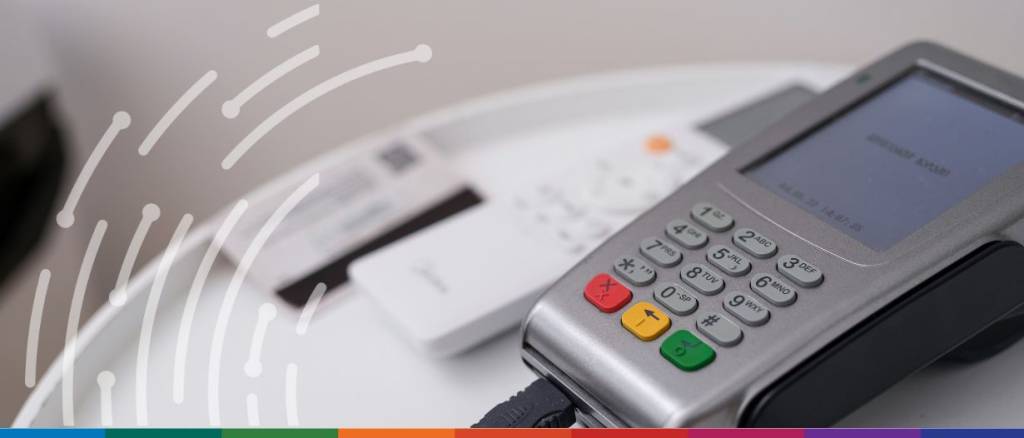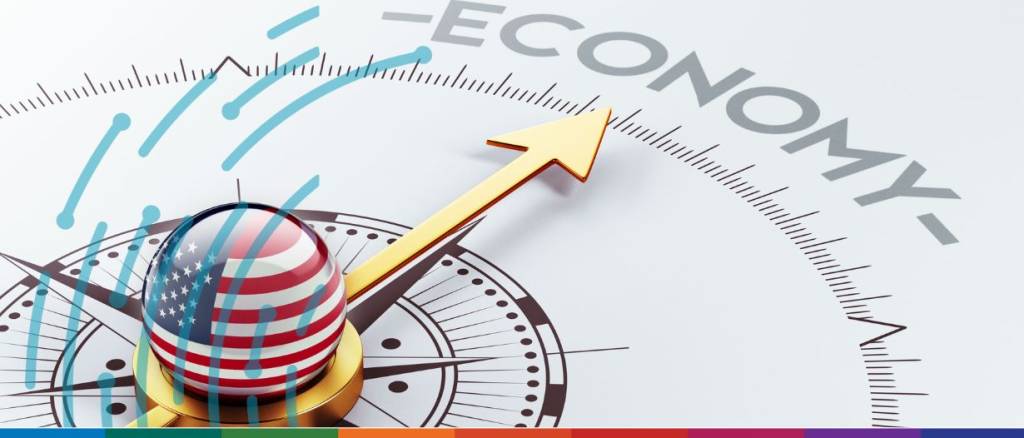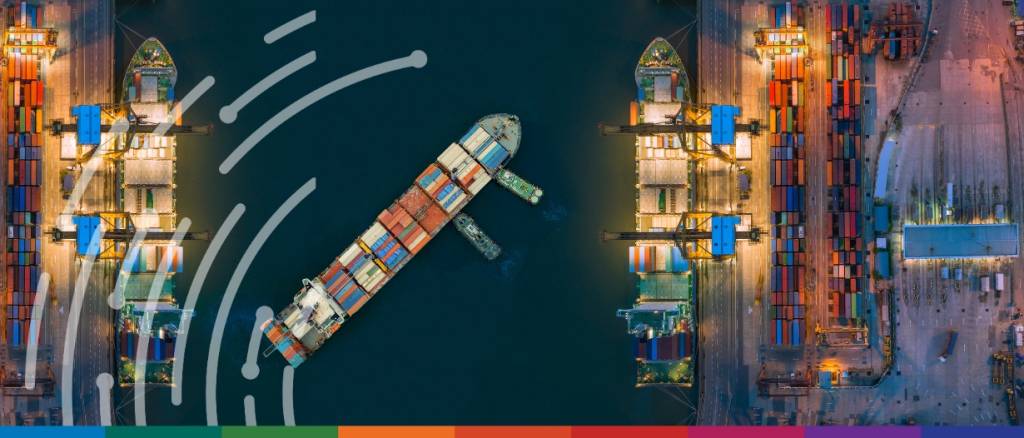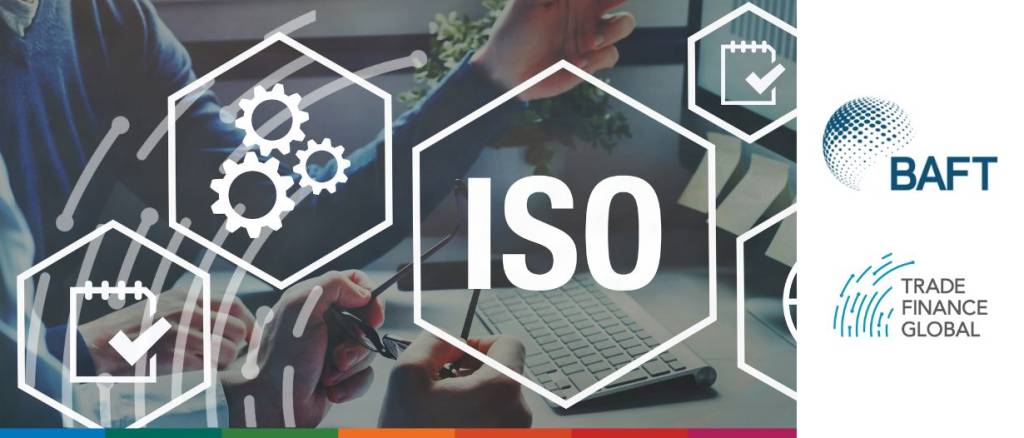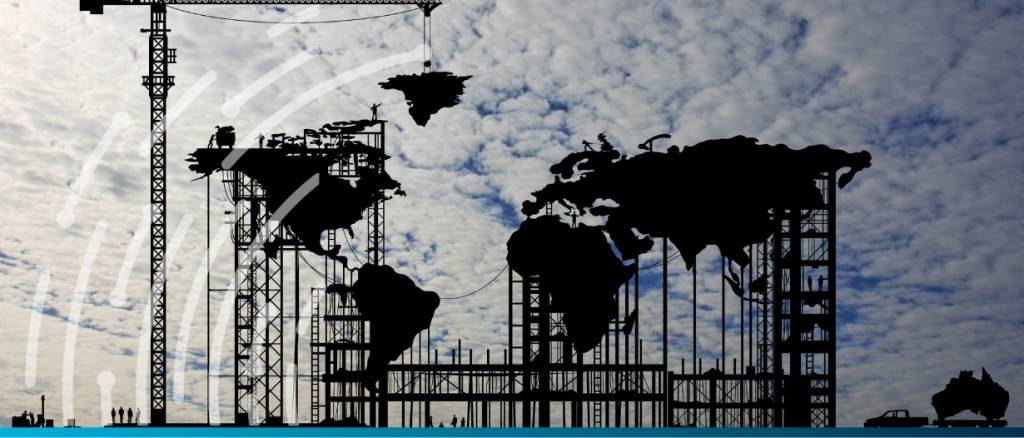Any business participating in international commerce normally needs to make payments in foreign currencies to suppliers/sellers overseas for goods and/or services sourced from other countries.
At the World Export Development Forum (WEDF), hosted in Ulaanbaatar, Mongolia, TFG’s Deepesh Patel spoke with Davaadalai Batsuuri, Economic Policy Advisor to the President of Mongolia, to learn more about Mongolia’s commitment to green trade and the country’s environmentally conscious strategies.
Late Tuesday afternoon, Fitch downgraded the United States’ credit rating from AAA to AA+, to the surprise of many experts. This downgrading is the latest domino to fall in what has been a drama filled 2023 for the United States and its divided government.
In this episode of Trade Finance Talks, Alex Gray, Head of Trade and Transaction Banking at the London Institute of Banking and Finance (LIBF), and Noémi Klein, former Regional Head of Financial Crime Surveillance Operations at Standard Chartered Bank, share the main topics and insights covered at the LIBF Annual Trade Finance Compliance Conference 2023. Together, they shed light on the multifaceted issues faced by financial institutions and the recent developments in the intricate world of compliance in trade finance.
This week, the World Trade Organization (WTO) published the World Trade Statistical Review 2023, providing an in-depth analysis of the global trade landscape in the midst of worldwide turbulence.
In this episode of Trade Finance Talks, Mark Abrams, Managing Director, Global Head of Trade & Receivables Finance at Trade Finance Global, spoke with Geoffrey Wynne, Partner and head of Sullivan’s Trade & Export Finance Group, to explore the evolution, significance, and future prospects of MRPAs.
Last month, I found myself staying with a nomad family in a traditional yurt (‘ger’), 300km West of Ulaanbaatar, Mongolia, staring at the overwhelmingly star-filled night sky.
London, 25 July, 2023 – In a significant move to bridge the trade finance gap, Trade Finance Global (TFG) has launched TFG Distribution Finance.
News on the invasion of Ukraine, inflation and recession have swept into all offices, living rooms and public spaces in the past year. In other words: Macroeconomic considerations have prevailed, and we have all had to adapt to a new reality – not least in my work with sustainable finance.
It seemed like just yesterday that TFG spoke to our industry friends about their predictions for 2023. But in a blink of an eye, we are over half way through the year. As always, the world of international trade is a busy one, filled with twists and turns that are difficult to predict.















